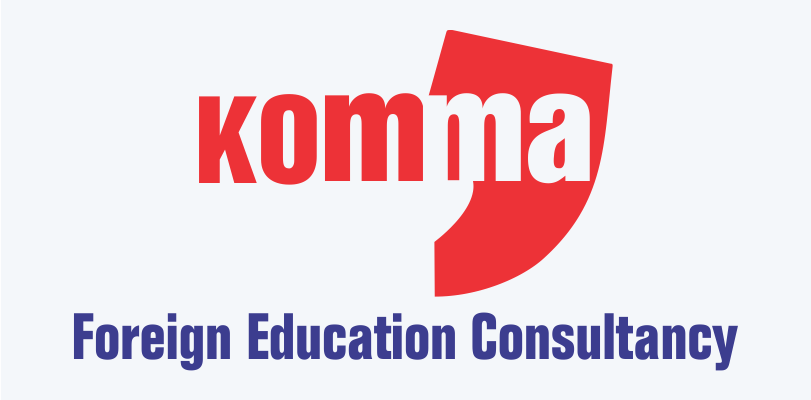WHY Study in Switzerland?
Officially named as the ‘Swiss Confederation’. Switzerland is one of the wealthiest and most productive countries in the world. Although most Bachelor's programs are taught in one of the country's official languages. German, French or Italian. You may also study in Switzerland in English. since there is an increasing number of masters and PhD programs addressed to international students. In fact, more than 49000 international students chose to Study in Switzerland in 2009. That over 21% of the student population body!
Located in the Alps. Switzerland has a long history in neutrality, direct democracy and federalism. Switzerland is also home to many important international organizations, such as the Red Cross. the International Olympic Committee and the World Economic Forum, just to mention a few of them. In spite of the fact that Switzerland is not a member state of the European Union. it signed the Schengen Agreement, which affords you the opportunity to travel around Europe without the need for additional visas.
POPULATION
The population of Switzerland is tagged at 80.57.868.
CLIMATE
The climate in the North is moderate. Winters are cold, while summers tend to be warm and sunny. Of course, temperatures drop in the mountainous areas of Eastern Switzerland. and several mountain passes are closed during winter because of the snow.
CULTURE
The influence of so many different cultures makes it sometimes hard to tell. Switzerland was inhabited by the Celts in the West. the Helvetii (the most powerful Celtic tribe) in the North and the Raetians - a stubborn Roman alpine tribe - in the East Switzerland's culture is shaped by all of them and the many different languages spoken in our small country make the mix even more interesting.
TRANSPORT
With a reliable, efficient, clean and safe public transport network, it is easy to get around without a car in Switzerland. Train, tram and bus networks cover the entire country, and there are also extensive cycling routes, with bicycles easy to organise.
Buses, boats, trams, trains, and cable cars are all part of a coordinated and well organised infrastructure, with information and timetables available online and from tourism information centres.
Switzerland is one of the most environmentally conscious nations in the world, so being green is an integral part of life.
The alpine nation's central European location makes destinations throughout Europe easy to reach, by air, rail or road. A day trip to Milan. a weekend in Paris or a break in Barcelona are all easy options with public transport.
Cost of Living in Switzerland:
Living costs all over Switzerland are expensive, and managing your monthly expenses without making any compromise could be a tough challenge in Switzerland.
You should plan an average budget of around 1,000 and 1,400 EUR/month to pay for: housing, food, transportation, tuition, supplies and a few leisure activities. However, Geneve and Zurich are the most expensive cities that require a budget exceeding 1,500 EUR/month.
| No. | University Name | Apply |
|---|---|---|
| 1 | Cesar RITZ Colleges | Apply |
| 2 | Culinary Arts Academy | Apply |
| 3 | EU Business School | Apply |
| 4 | Hotel Institute Montreux | Apply |
| 5 | Hotel & Tourism Mgmt. Institute (HTMI) | Apply |
| 6 | Int Hotel And Tourism Training Ist Ltd (IHTTI) | Apply |
| 7 | Swiss Hotel Management School | Apply |
| 8 | The Swiss College of Hospitality Management | Apply |
| 9 | Geneva Business School | Apply |
| 10 | Business School Lausanne | Apply |
| 11 | Business & Hotel Management School | Apply |
| 12 | Zurich Elite Business School | Apply |
| 13 | The International University In Geneva | Apply |
| 14 | BHMS | Apply |
